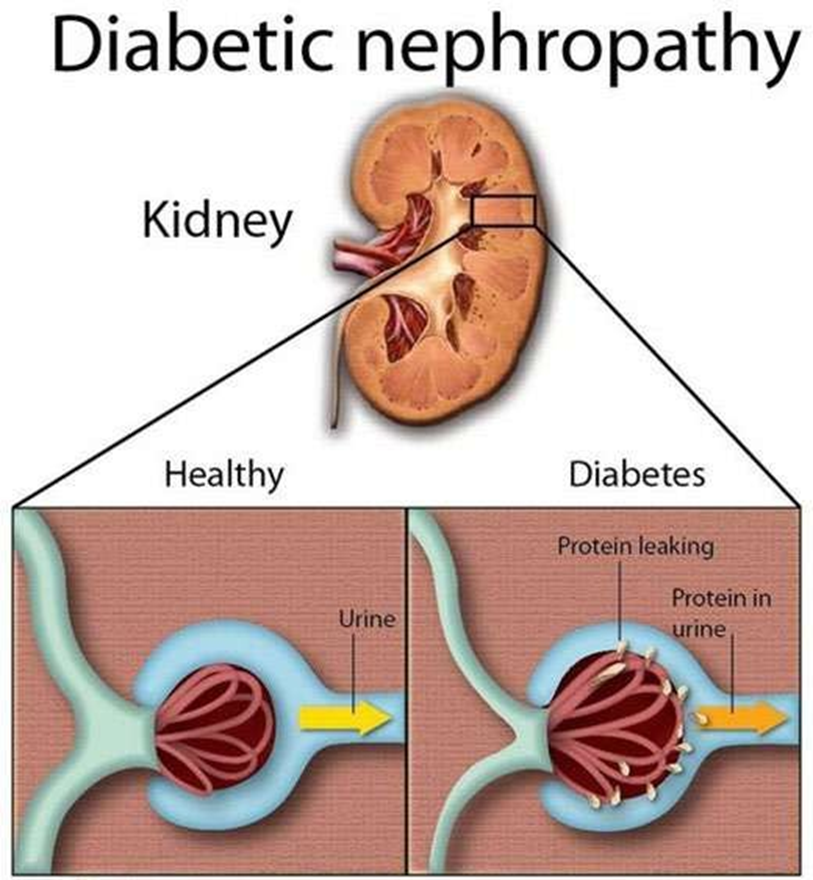A nurse is caring for a client following his first hemodialysis treatment. The client reports a headache, nausea, and restlessness. The nurse should identify these findings as manifestations of which of the following complications?
Air embolism
Septicemia
Dialysis disequilibrium
Peritonitis
The Correct Answer is C
Choice A reason: Air embolism is a potential complication during hemodialysis, but it would likely present with more acute symptoms such as chest pain or difficulty breathing.
Choice B reason: Septicemia would typically present with fever and hypotension, not necessarily with headache, nausea, and restlessness.
Choice C reason: Dialysis disequilibrium syndrome can occur after hemodialysis, especially after the first treatment, and is characterized by symptoms such as headache, nausea, and restlessness.
Choice D reason: Peritonitis is a complication associated with peritoneal dialysis, not hemodialysis.
Nursing Test Bank
Naxlex Comprehensive Predictor Exams
Related Questions
Correct Answer is B
Explanation
Choice A reason: Diagnosis is the identification of a disease or condition, which is not directly related to reviewing kidney function test data.
Choice B reason: Assessment involves collecting and analyzing data, which is what the nurse is doing when reviewing kidney function test results.
Choice C reason: Implementation refers to carrying out interventions, not reviewing test data.
Choice D reason: Outcomes identification involves setting goals and expected outcomes, not reviewing test data.
Correct Answer is B
Explanation
Choice A reason: While fiber is important in a diet, recommending at least 45 g per day does not specifically address the needs of a patient with diabetic nephropathy.
Choice B reason: Consuming less than 0.8 g/kg of body weight of protein per day is recommended for patients with diabetic nephropathy to reduce the workload on the kidneys.

Choice C reason: Limiting cholesterol intake to 300 mg per day is a general recommendation for heart health but is not specific to diabetic nephropathy dietary management.
Choice D reason: The recommendation to consume less than 45% of total calories from carbohydrates is not specific to diabetic nephropathy, and carbohydrate needs can vary based on individual energy requirements.
Whether you are a student looking to ace your exams or a practicing nurse seeking to enhance your expertise , our nursing education contents will empower you with the confidence and competence to make a difference in the lives of patients and become a respected leader in the healthcare field.
Visit Naxlex, invest in your future and unlock endless possibilities with our unparalleled nursing education contents today
Report Wrong Answer on the Current Question
Do you disagree with the answer? If yes, what is your expected answer? Explain.
Kindly be descriptive with the issue you are facing.
